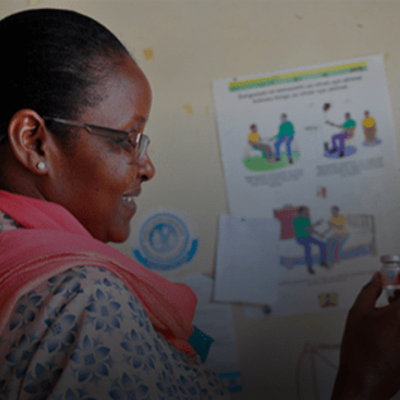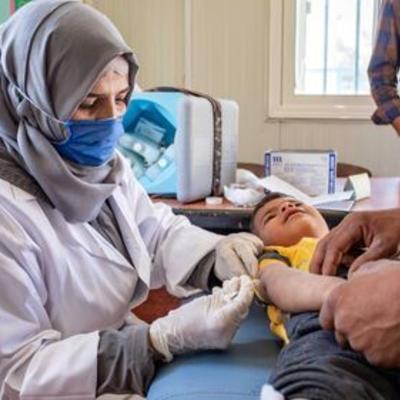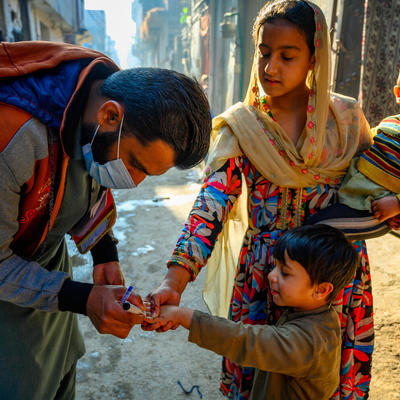Follow the learning modules in this 3-step tutorial to design evidence-driven communication strategies to help vaccinate every child.
Resources
Integrating a Conflict Lens into SBC Programming for Polio Campaigns
Final Report - Digital campaign « Positive parenting » in Niger
Addressing and shifting social norms and harmful practices that hinder demand and uptake of polio vaccine amongst vaccine hesitant communities in Manicaland province, Zimbabwe
Polio Communication Global Guide (Part 1 of 4)
Agora self learning
Planning and managing global health programmes: Promoting quality, accountability, and equity
Address the concepts, theoretical frameworks and practical details involved with planning and managing global health programmes.
Collecting and using data for disease control and global health decision-making
Address the application of surveillance systems in a wide variety of epidemiological situations and make data-informed decisions.
Training on OPV Switch
This is a recording of the Webinar on OPV switch, which was conducted by UNICEF MENA regional office with the support of UNICEF-HQ, WHO, CDC and Task Force for Global Health. If anyone who wants to learn all about OPV switch directly from the Global experts just in two hours, this is your chance.
Cold Chain Logistics and Vaccine Management (CCL&VM) during Polio Supplementary Immunization Activities
This e-learning course is a suite of modules designed to help users acquire the skills needed to manage CCL&VM systems for Polio supplementary immunization activities (SIAs).
GPEI polio outbreak response
This elearning course is designed to help learners develop a knowledge of polio outbreak response standard operating procedures.
Communication for Development (C4D) - Online Course
This course will introduce participants to the field of Communication for Development (C4D). C4D is an evidence-based process that utilizes a mix of communication tools, channels and approaches to facilitate participation and engagement with children, families, communities, networks for positive social and behaviour change in both development and humanitarian contexts. It draws on learnings and concepts from the social, behavioural and communication sciences. Participants will learn about key concepts and approaches in C4D and best practices in planning, implementing and evaluating participatory and evidence-based C4D interventions.





